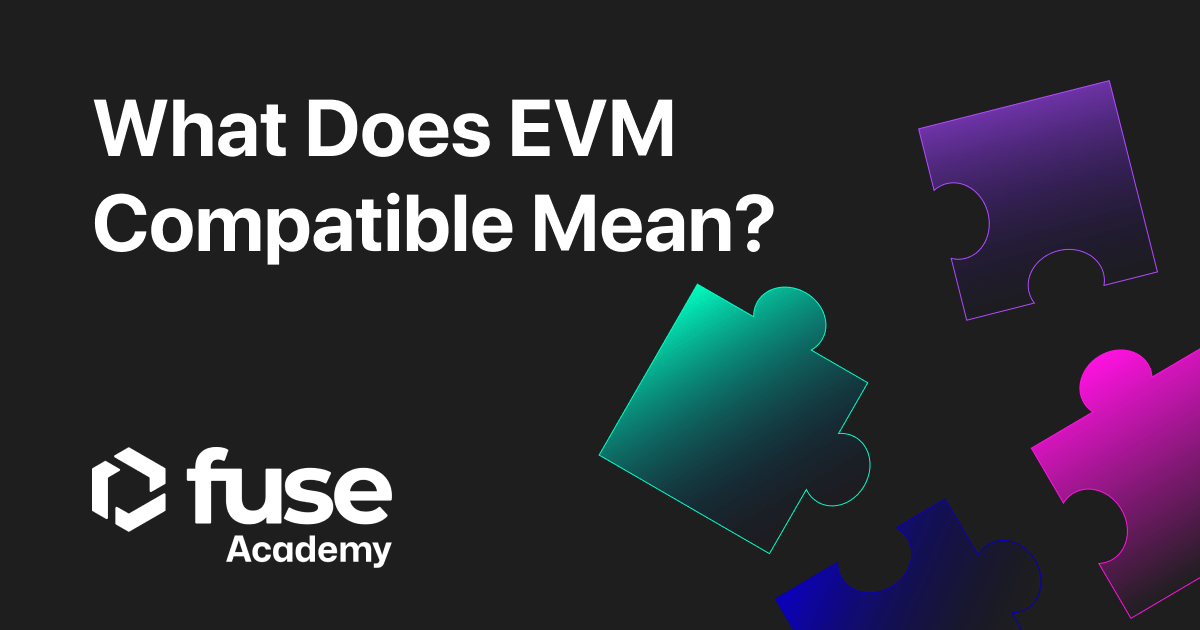EVM stands for Ethereum Virtual Machine. It can be described as an Ethereum virtual CPU which can be accessed by developers from anywhere in the world through participating Ethereum nodes. The Ethereum Virtual Machine gives computing power to the network, which is governed by several incentives.
The definition of blockchain has moved beyond Bitcoin in recent years. When Ethereum introduced the concept of smart contracts, several blockchains needed to communicate with each other in a concept known as interoperability.
EVM is the set of rules in which blockchains operate under the Ethereum network. Let’s use the analogy of two companies in different countries as an example; one company is located in Egypt, and the other is in Taiwan and will likely conduct their transaction in US dollars to ensure uniformity.
With Ethereum Virtual Machine compatibility, the codes written by developers on the Ethereum network are converted to a particular standard to ensure uniformity of the Ethereum operating system.
What does the Ethereum virtual machine do?
EVM compatibility ensures that developers can migrate smart contracts to EVM-compatible chains without needing to write the code from scratch. The need for EVM compatibility is that the Ethereum network is massively growing, and there is a need to build blockchain applications like P2E games, NFT, DAO, and DeFi that can communicate with the Ethereum ecosystem.
This development is significant, but it is not without its challenges. The Ethereum network can only process about 15 transactions per second, leading to high transaction fees and network congestion.
Developers are building more Ethereum-based chains that support low transactions cost and faster payments. Hence the need for the tokens to be compatible. EVM compatibility is a set of rules the developers writing the codes must follow.
This advantage is that as many Ethereum chains emerge, users can transfer their tokens while switching between those chains hassle-free. One of the most common EVM-compatible chains is the Binance Smart Chain (BSC).
Dapp developers choose Fuse
The development of the Ethereum ecosystem has been rapid in recent years. The Fuse network team has noticed this development, which is why our smart contracts are EVM-compatible. Developers can deploy any smart contract or dApp on Ethereum or any other EVM-compatible chain on the Fuse Network; this also applies to ERC20 and ERC 721 compatible contracts.
We made an EVM-compatible blockchain because we want developers to build DeFi and crypto payment systems on Fuse Network hassle-free. Our cash wallet is also EVM-compatible, meaning users can quickly transfer their tokens to other EVM-compatible networks.
.svg)
.svg)











